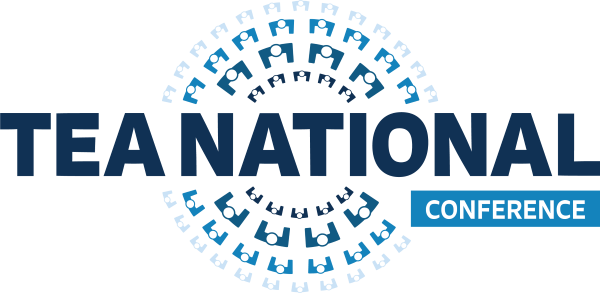An Employee Stock Ownership Plan (ESOP) is a tax-qualified retirement plan authorized and encouraged by federal tax and pension laws. Unlike most retirement plans, ESOPs:
- Are required by law to invest primarily in the shares of stock of the sponsoring employer.
- Are trusts that hold shares of the business for employees, making them beneficial owners of the company that employs them.
- Can provide tax benefits to the company and to the exiting owner(s).
- Can borrow money from related parties to finance company projects—including the tax-advantaged purchase of the company’s shares of stock.
Succession Planning
The most common reason for establishing an ESOP is to buy stock from the owners of a closely held company.Many closely held companies have little or no succession plan in place. As a result, the day a founder or primary shareholder leaves the business often results in significant adverse consequences for the company, the employees, and the exiting owner.ESOPs offer transitional flexibility that can facilitate succession planning.
Founders and main shareholders can sell to ESOPs all of their shares at one time, or percentages of their shares on the schedule of their choosing. The transition in leadership, therefore, can occur as quickly or slowly as the owner wishes.
Providing a Buyer
a buyer for a closely-held company is not always easy, even if the company is profitable. If a buyer cannot be found, businesses may simply shutter, denying the local economy of jobs and the products or services the company provided.
In areas as diverse as rural North Carolina and New York City, ESOPs have been recognized as a way of keeping businesses locally owned and afloat when buyers are scarce. Even when buyers can be found, they sometimes layoff part or all of the staff or move the company’s business operations—again, resulting in lost jobs for the community.
By contrast, an ESOP:
- Helps keep the business—and its jobs—in the community.
- Helps provide job security for employees. (The latest national research on the subject shows that companies with employee stock ownership are 7.3 times less
- likely to lay off employees than conventionally owned firms.)
- Provides a fair value market for the selling shareholder of a closely held company.
- Provides continuity for customers, who continue to interact with the same individuals they always have.
- Provides business continuity. Employees, who know the business best, stay in place to continue its operation.
This article is part of the Employee Ownership Foundation’s learning track on Employee Stock Ownership Plans (ESOPs). To continue on to part II, click here or use the navigation bar on the right to continue reading within the learning track and related subjects. This article was written by The ESOP Association on behalf of the Employee Ownership Foundation.








